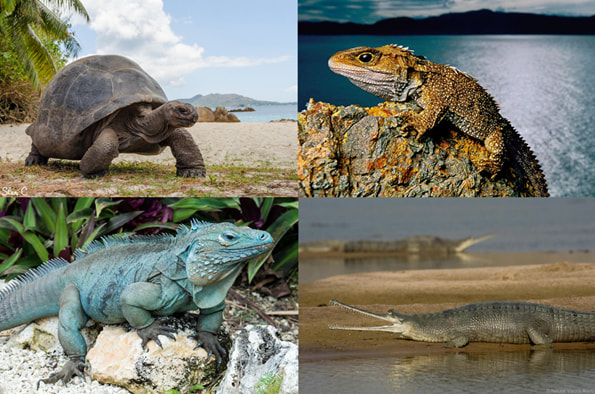In recent years, there have been many studies focusing on the effect of different ecological variables and life-history traits on the variation in longevity of specific taxonomic groups, focusing mostly on birds and mammals (with the only large- scale ectothermic study done on squamates by Scharf et al. 2015). In order to expand our knowledge on the effect of environmental and life-history variables on the variation in longevity of animals, we tested the effect of ecological variables (through various hypotheses) related to extrinsic mortality (e.g. predation) on the variation in longevity among and within lizards, snakes, turtles and crocodiles. We found that species living on islands, and in colder and more seasonal environments, live longer. Moreover, sampling more individuals increases the chances of finding older specimens, and should be corrected for when studying maximum longevity.
We hope these analyses will enable us to better understand the drivers of longevity in reptiles (and other taxa). We hope this paper will facilitate more large-scale comparative studies on the causes of the variation in longevity of tetrapods in general.


 RSS Feed
RSS Feed
